Introduction
Dump trailers are essential for numerous construction, landscaping, and hauling projects. They provide the necessary utility for transporting heavy loads efficiently. One popular option is the 10 IronBull dump trailer, known for its robustness and reliability. In this article, we delve deep into the specifics of how much the 10 IronBull dump trailer weighs and explore critical factors influencing its weight and performance.
1. Weight Specifications of the 10 IronBull Dump Trailer
Understanding the weight specs of a trailer can significantly impact your purchasing decision. Here’s a detailed overview:
| Model | Empty Weight | Payload Capacity | Gross Vehicle Weight Rating (GVWR) |
|---|---|---|---|
| 10 IronBull Dump Trailer | 2,900 lbs | 7,100 lbs | 10,000 lbs |
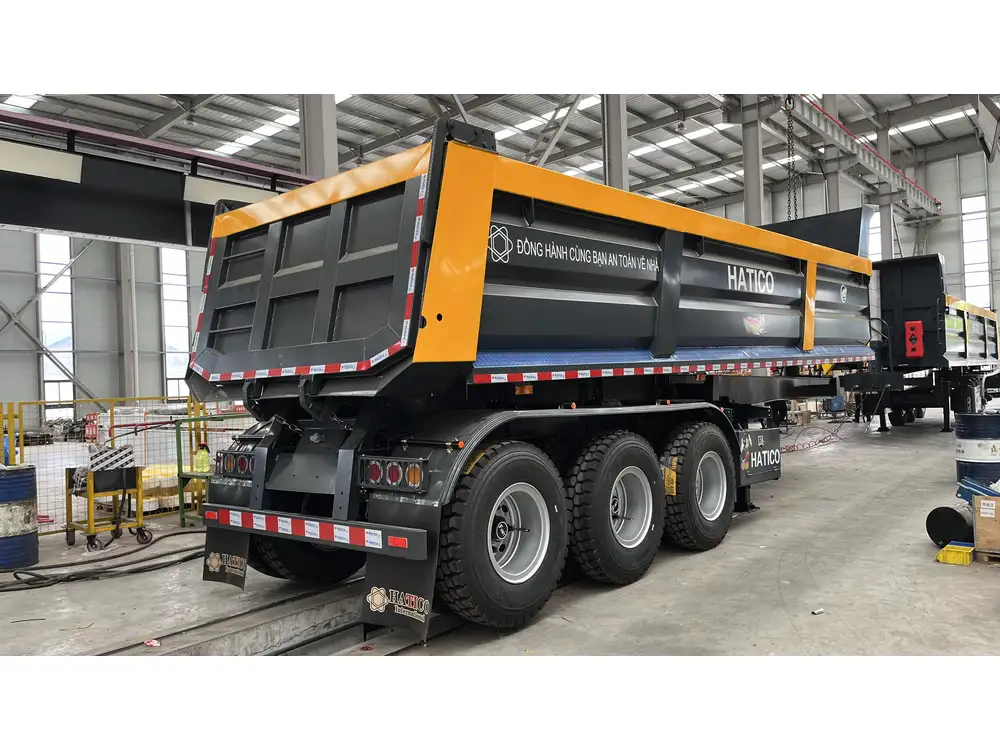
1.1 Empty Weight
The empty weight of the 10 IronBull dump trailer stands at approximately 2,900 lbs. This weight can vary based on trailer options and materials used in construction. For instance, trailers equipped with extra features, like a hydraulic lift, may have a slightly higher empty weight.
1.2 Payload Capacity
Payload capacity plays a crucial role in determining the usability of the trailer. The 10 IronBull dump trailer boasts an impressive payload capacity of 7,100 lbs. This is significant for contractors or individuals who frequently transport heavy materials, providing flexibility in diverse hauling scenarios.
1.3 Gross Vehicle Weight Rating (GVWR)
The Gross Vehicle Weight Rating, or GVWR, is the maximum weight a trailer can safely carry, including its own weight. The new IronBull model features a GVWR of 10,000 lbs, allowing for effective transportation of heavy loads without compromising safety.
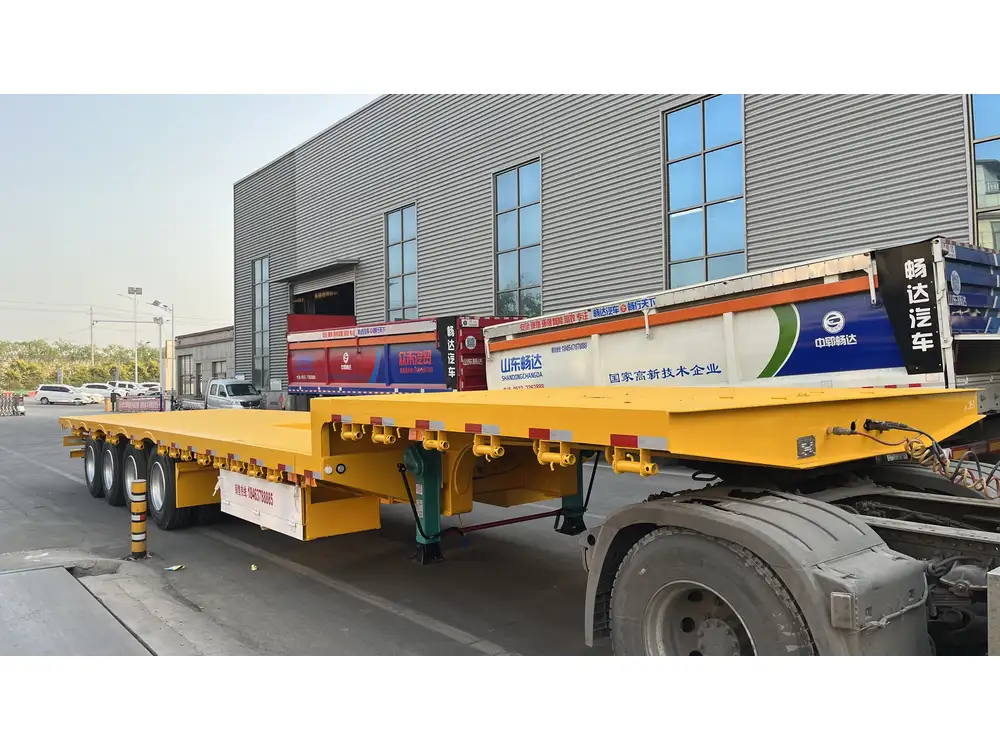
2. Factors Influencing the Weight of Dump Trailers
Understanding the weight of a trailer boils down to several contributing factors. The material composition and design significantly affect both the empty and loaded weight.
2.1 Material Composition
Most dump trailers, including the IronBull model, are constructed of high-strength steel and aluminum.
- Steel: Offers durability and strength, making it suitable for heavy-duty applications but typically results in a heavier trailer.
- Aluminum: Provides a lightweight alternative while maintaining structural integrity, which can enhance payload capacities.
2.2 Trailer Design
The design elements can highly influence weight. Considerations include:
- Frame Construction: A dual-beam or tubular frame design may add weight but enhance stability and load capacity.
- Size: Length and width correlate with the amount of weight a trailer can carry, affecting its overall dimensions and, consequently, its weight.

2.3 Additional Features
Many manufacturers offer optional features that can add weight. Some common add-ons include:
- Hydraulic Lift Mechanisms: While increasing functionality, they also contribute to the overall weight.
- Side Walls and Covers: Can impact weight; heavier sidewalls provide better durability but add to the empty weight.
3. Importance of Knowing the Trailer Weight
Knowing how much the 10 IronBull dump trailer weighs is essential for various reasons:
3.1 Towing Compatibility
Understanding the weight allows for matching with the right towing vehicle. The vehicle must have adequate towing capacity, which should be at least equal to or greater than the combined weight of the trailer and its load.
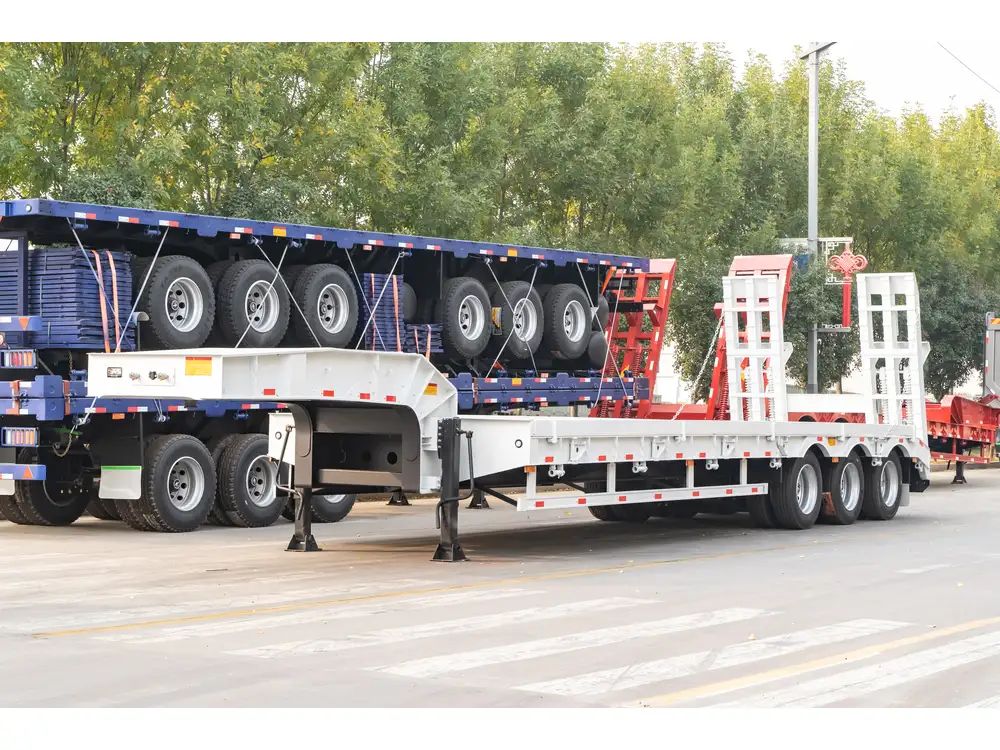
3.2 Load Distribution
Proper load distribution is essential for stability and safety. Being aware of the trailer’s weight helps in balancing the load effectively to avoid swaying during transit.
3.3 Legal Compliance
Different jurisdictions may have weight restrictions. GVWR ensures compliance with local laws, preventing potential fines and ensuring safer road practices.
4. Comparing the 10 IronBull Dump Trailer with Competitors
In the market, various dump trailers compete with the 10 IronBull model. A brief comparison can provide insights into performance and capability.
| Model | Empty Weight | Payload Capacity | GVWR | Approximate Price |
|---|---|---|---|---|
| 10 IronBull Dump Trailer | 2,900 lbs | 7,100 lbs | 10,000 lbs | $8,500 |
| 9′ Tarp Dump Trailer | 2,700 lbs | 6,800 lbs | 9,500 lbs | $7,900 |
| 12′ Heavy Duty Dump Trailer | 3,100 lbs | 8,500 lbs | 11,000 lbs | $9,200 |
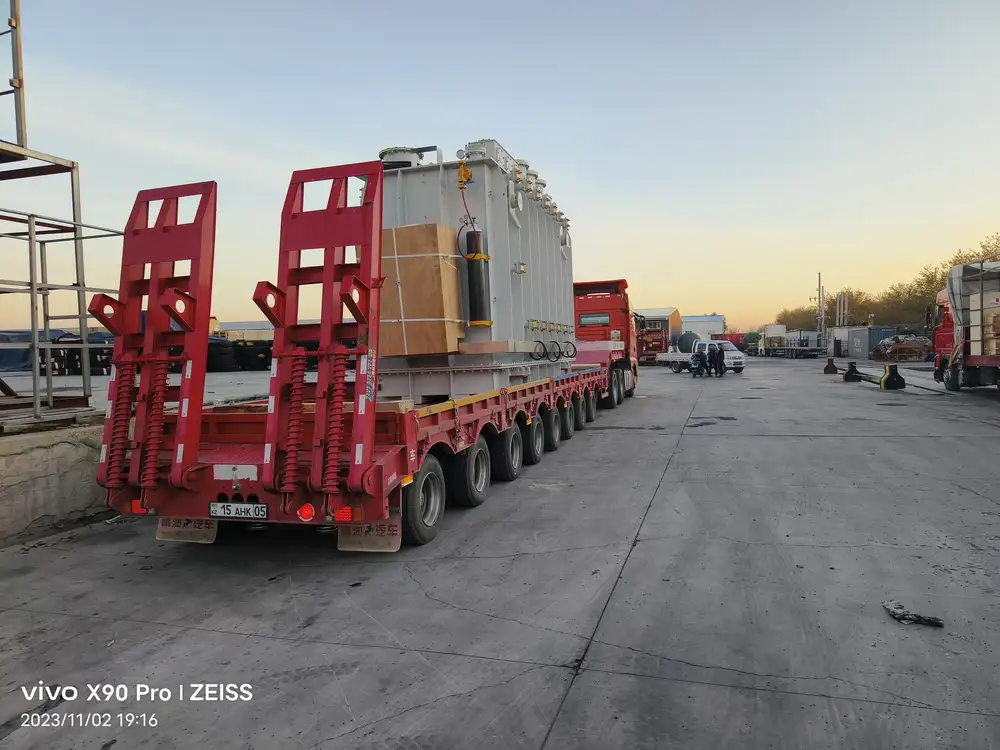
4.1 Performance Metrics
The IronBull model’s combination of a competitive payload capacity and weight offers an attractive option for those who prioritize efficiency.
4.2 Pricing Analysis
Pricing varies among models while offering similar capacities. The IronBull’s features and reliability justify its cost, making it a worthy investment.
5. User Scenarios for the 10 IronBull Dump Trailer
Understanding practical applications can help potential buyers visualize how the trailer fits into their operations.
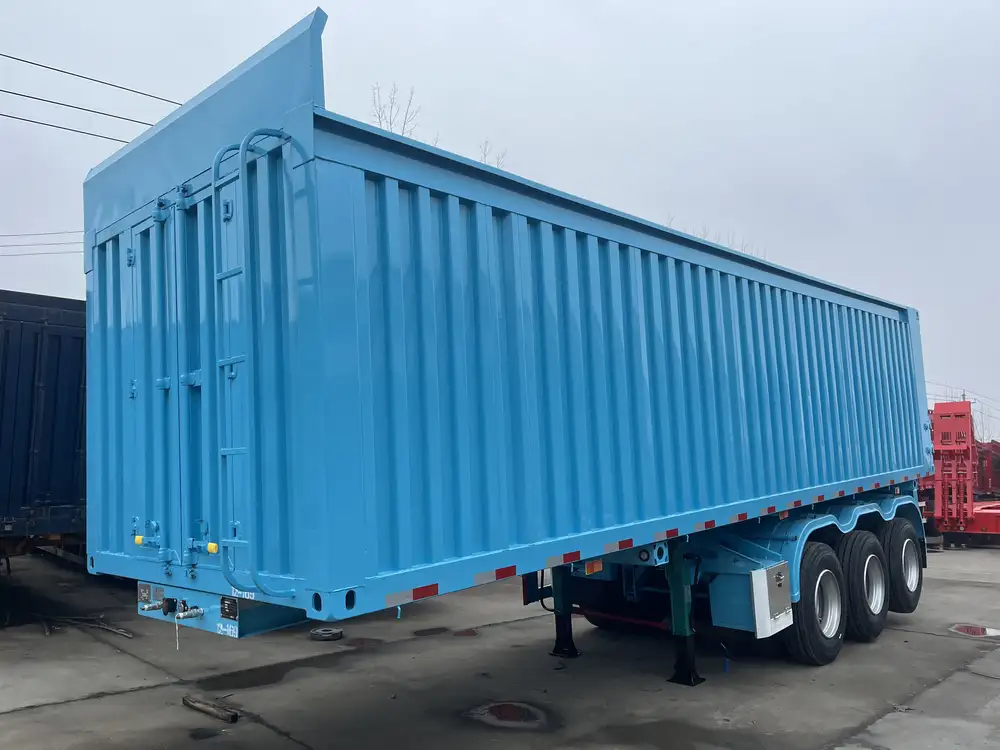
5.1 Construction Projects
As a workhorse for construction sites, the 10 IronBull dump trailer effectually transports heavy materials like gravel, sand, and debris, facilitating faster project completion.
5.2 Landscaping
For landscaping projects, this dump trailer can manage large quantities of soil, plants, and tools, simplifying processes and cutting down on labor hours.
5.3 Waste Management
Homeowners or contractors involved in renovation or demolition can utilize this trailer for effective waste disposal, making clean-up a breeze.
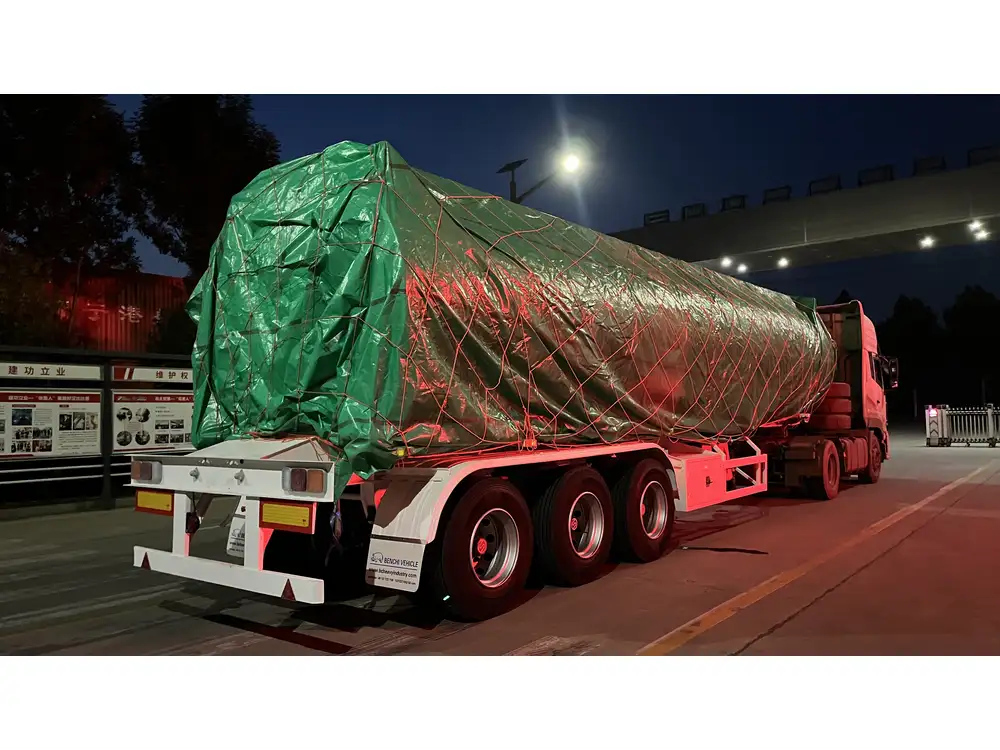
6. Key Considerations When Buying a Dump Trailer
When purchasing the 10 IronBull dump trailer or any other model, specific key factors retrieve utmost importance.
6.1 Purpose and Usage
Be clear on the primary purpose of the trailer – whether it’s for landscaping, construction, or personal use. This will inform weight requirements and specifications.
6.2 Tow Vehicle Compatibility
Ensure that the towing vehicle has a sufficient GVWR to handle the weight of the dump trailer alongside its load, maintaining safety during transit.
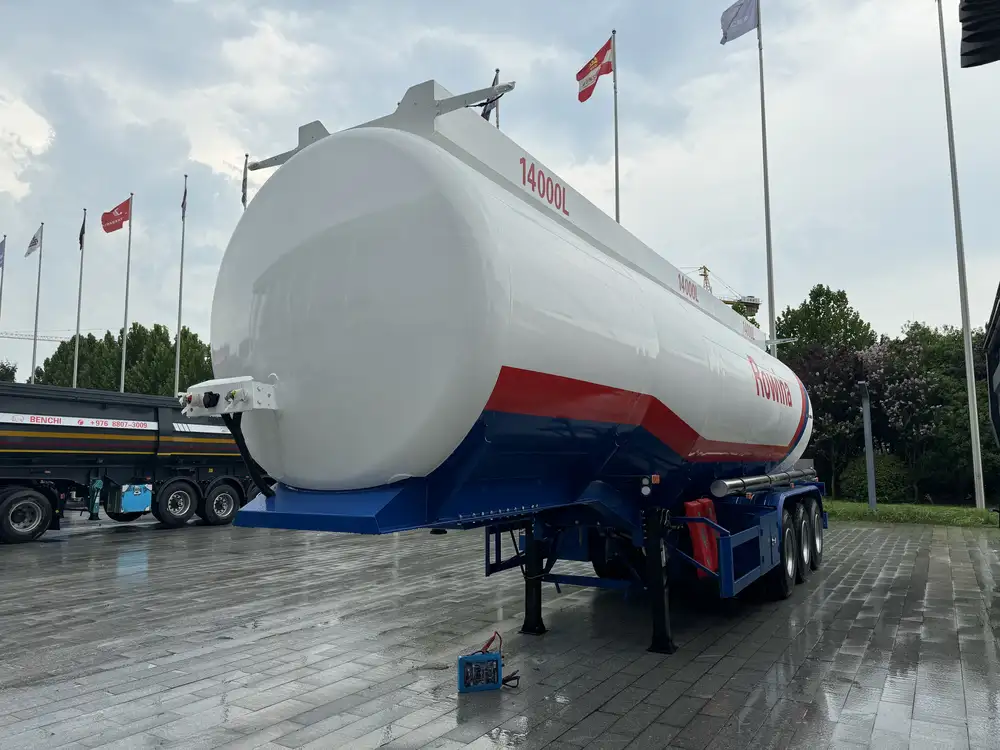
6.3 Budgetary Constraints
Set a budget before shopping for a dump trailer, allowing you to weigh factors like weight capacity against your finances. Consider total costs, including registration and insurance, beyond the initial purchase price.
6.4 Warranty and Support
Look for models that come with dependable warranties and manufacturer support. A robust after-sales service can save a lot of future hassle.
7. Maintenance Tips for Maximizing the Life of Your Dump Trailer
Owning a dump trailer requires ongoing maintenance to ensure it performs efficiently. Here are tips tailored to the 10 IronBull dump trailer:
| Maintenance Task | Frequency |
|---|---|
| Tire Inspections | Monthly |
| Brake System Check | Every 3 months |
| Fluid Levels (Hydraulic) | Monthly |
| Frame Inspection for Rust/Corrosion | Before storage |
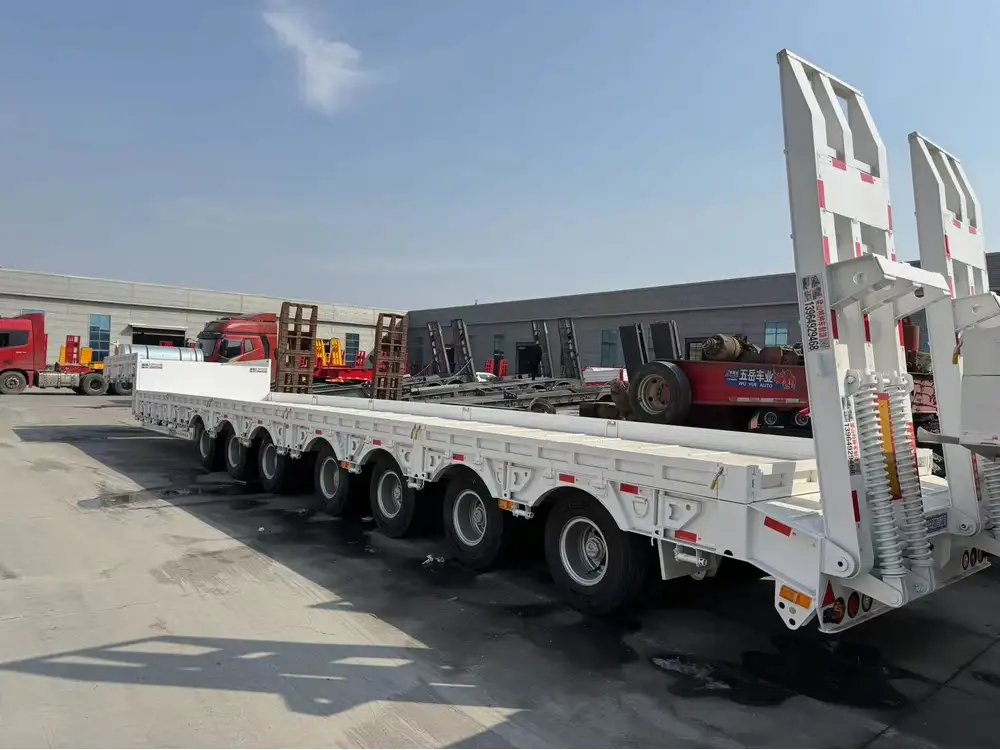
7.1 Regular Inspections
Frequent inspections of tires, brakes, and overall frame integrity are vital. Keeping tires properly inflated enhances fuel efficiency while preventing blowouts.
7.2 Fluid Maintenance
The functionality of hydraulic lift systems depends on proper fluid levels. Checking these regularly ensures smooth operation and avoids hydraulic system failures.
7.3 Cleaning and Protection
Regular cleaning prevents rust and corrosion—the trailer’s enemies. Consider coating the frame with protective wax during off-seasons to mitigate environmental damage.

Conclusion
In conclusion, understanding the weight and specifications of the 10 IronBull dump trailer is key to evaluating its suitability for your needs. With its impressive payload capacity, robust construction, and competitive pricing, this trailer ranks among the top contenders for anyone looking to efficiently haul heavy loads. By considering factors like towing compatibility and maintenance practices, you can maximize the utility of your dump trailer and adapt it to your specific requirements. Investing in the right trailer ensures not just productivity but also peace of mind when transporting your most essential cargo.



